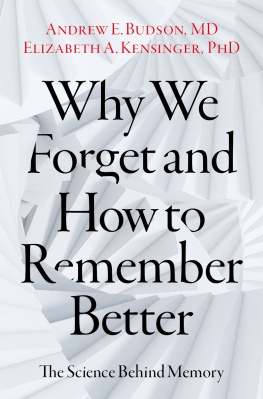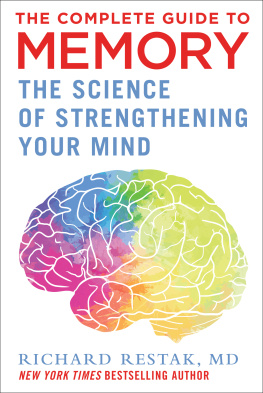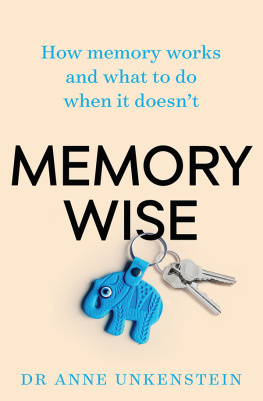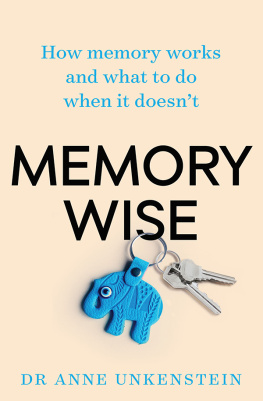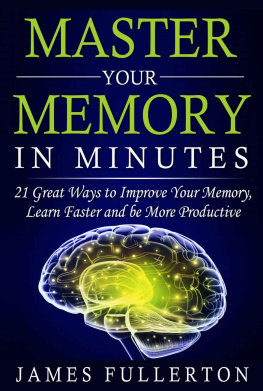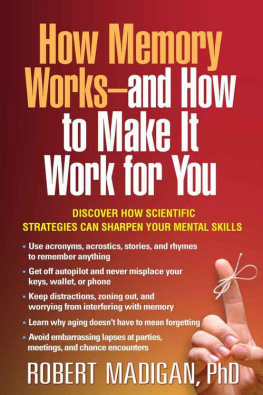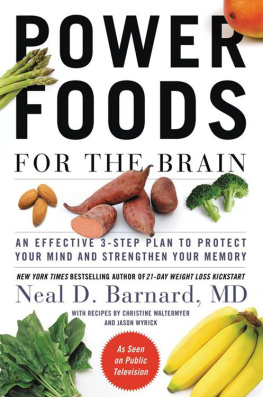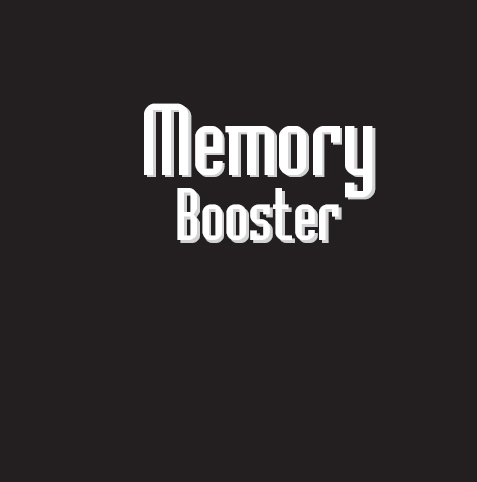


Thunder Bay Press
An imprint of Printers Row Publishing Group
10350 Barnes Canyon Road, Suite 100, San Diego, CA 92121
www.thunderbaybooks.com
Copyright 2009 Bibelot Limited
This edition copyright 2009 BOOKINABOX
All rights reserved. No part of this publication may be reproduced, distributed, or transmitted in any form or by any means, including photocopying, recording, or other electronic or mechanical methods, without the prior written permission of the publisher, except in the case of brief quotations embodied in critical reviews and certain other noncommercial uses permitted by copyright law.
Printers Row Publishing Group is a division of Readerlink Distribution Services, LLC.
Thunder Bay Press is a registered trademark of Readerlink Distribution Services, LLC.
All notations of errors or omissions should be addressed to Thunder Bay Press, Editorial Department, at the above address. All other correspondence (author inquiries, permissions) concerning the content of this book should be addressed to BOOKINABOX, St Chads House, 148 Kings Cross Road, London WC1X 9DH, info@bookinaboxeditions.com
Author: Charles Phillips
Publisher: Peter Norton
Associate Publisher: Ana Parker
Publishing/Editorial Team: April Farr, Kelly Larsen, Kathryn Chipinka, Aaron Guzman
Editorial Team: JoAnn Padgett, Melinda Allman
eISBN-13: 978-1-62686-079-7
Contents
Are you worried about your memory? Did you clean forget a date with friends or find you couldnt recall sports statistics or film trivia for your quiz team? Do you fear that youre forgetting things more than you used to?
Many people think that their memory is gradually failing and that their all-round mental performance will slip as they get older. If youre of mature years you may look at your children a little enviously, or nervously eye younger work colleagues.
It doesnt need to be like that. And, in fact, if you feel like that youre probably wrong. We all have a potentially very powerful memory. Usually problems with recall derive simply from not knowing how to make the most of your memory.
Keep connected For many years it was an accepted fact that our brains were best in our early to mid-twenties and that it was downhill all the way from there. According to this conventional wisdom, as our neurons (brain cells) died off after peaking in our mid-twenties, our mental performance gradually declined.
Recent scientific research has blown this theory out of the water, however. Researchers have discovered that the brain carries on changing and renewing itself as we age.
Every time we learn something, every time we think, our brain makes new connections among its neurons. As we age we do lose brain cells overall, but if we keep mentally active this doesnt necessarily affect our memory management or mental performance. What matters is not the number of cells but the number and quality of the connections we make between them. What matters therefore is not how old your brain is, but how well-connected it is.
The Knowledge Learning changes the brain physically. London taxi drivers undergo a daunting programme called the Knowledge in which they learn hundreds of streets and routes. Researchers at University College, London, found that taxi drivers had a larger hippocampus (the part of the brain related to laying down information) than other people. This provides physical proof that using the memory strengthens it.
What do we do when we remember? To develop our memory skills, we have to understand what memory is and how it works.
In the first part of the book, What is Memory?, we consider different types of memory. You have memories of your childhood or past love affairs all intimately connected with your sense of who you are. In your memory you also store learned skills such as how to ride a bicycle or drive a car. Then again, you rely on your memory to hold a vast array of vital information, such as your name and date of birth, birthdays and so on. A fourth type of memory is the tool you use when learning and recalling facts.
The books second part, Memorable Memory Feats, draws inspiration and memory-training ideas from centuries past, in the days before Internet search engines, when people relied on their memory as the place to store information.
The third part, How Memory Works, provides a clear explanation, backed by the latest neuroscience, of how the brain functions when it stores and recalls memories. Then the Memory-Boosting Workshop supplies a mixture of down-to-earth tips on developing and using the memory along with visual and verbal exercises that provide the opportunity to practise them. And the Memory Puzzles in part five give you even more chance to get your memory into gear.
Fight off brain decline On average, our society is getting older. But what quality of mental life can we look forward to when we are in our senior period?
There is increasing research evidence to prove that keeping your brain active will help you stave off the natural effects of ageing on your mental performance. You will create what scientists call cognitive reserve. This is a kind of mental backup that makes it possible for people who have been mentally active to fight off the effects of degenerative conditions such as Alzheimers disease, and even to recover from the effects of head injury more quickly (see pages ).
There are many ways of keeping your brain alert and active and this book provides an opportunity to fire up new connections among your neurons. The balls in your court.
Try it out Perhaps the best thing about the memory-training programme is that the techniques are not hard work. They encourage you to make as much use as you can of your own interests and imagination. The techniques are enjoyable, as are the exercises and puzzles. This is because our brains work better when were engaged and enjoying ourselves. Supporters of brain-training advise us to use it or lose it meaning that we need to exercise our brains to keep them working well. The same advice applies to the memory. So be prepared to enjoy yourself, and to feel the benefit.
TACKLING THE PUZZLES
Throughout the book you will find puzzles and exercises designed to stimulate and develop your memory and powers of recall. The more straightforward puzzles are rated as one bar (see bottom left), with the rating of five bars (bottom right) reserved for only the most difficult memory challenges.



Next page

